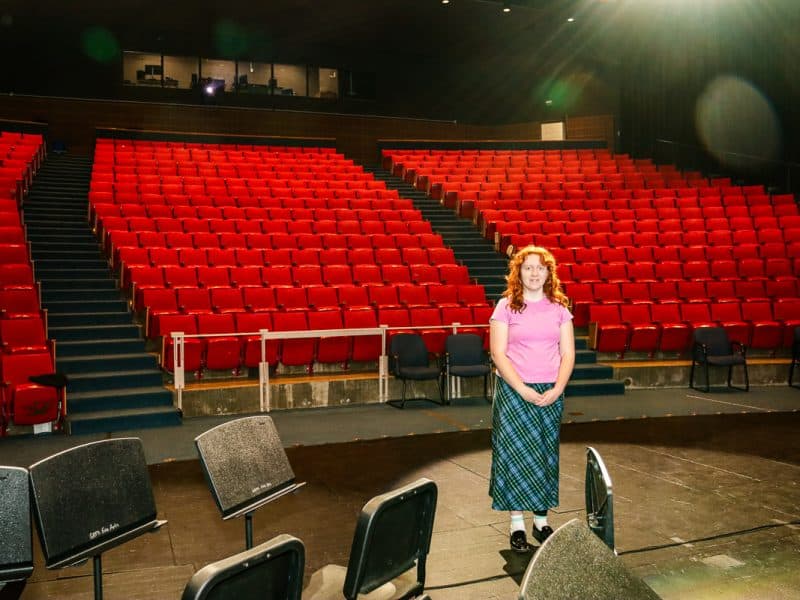Rapid Blog: Grand Rapids Area Black Businesses CEO Jamiel Robinson on the need for economic justice
Change must happen in the city to fix a broken economy that isn't working for the majority of African Americans, Grand Rapids Area Black Businesses founder and CEO Jamiel Robinson writes.

This article is part of Rapid Growth’s Rapid Blog series, which highlights the voices of leaders making positive change in Grand Rapids. This week’s post comes from Jamiel Robinson, founder and CEO of the Grand Rapids Area Black Businesses, co-founder of Empower MI, community builder, entrepreneur, youth potential developer, and equity advocate.
The economy of Grand Rapids is broken and plainly doesn’t work for the majority of African Americans.
If the economy worked for African Americans, there wouldn’t be such huge gaps/disparities, inequalities and inequities in the city. In a city where the median income for Whites is $77,000 per year and African Americans is $22,000 annually. In a city where the unemployment rate is stated at 3.4 percent, but in predominately African American neighborhoods it’s 53 percent. Out of nearly 16,000 businesses in Kent County, only 5 percent are owned by African Americans. A Forbes article from last year ranked Grand Rapids 51 out of 52 as worst places economically for African Americans. There are reportedly 42,000 African Americans living in Grand Rapids, and, of that number, nearly 45 percent live in poverty.
The African American community is in a socio-economic crisis in Grand Rapids and all over this country. All institutions that fail to act with a sense of urgency are complicit in the ongoing economic struggles and conditions of the Black community in Grand Rapids because these institutions reinforce managerial, structural and systemic racism and exclusion.
Institutions year after year have sought data to verify what has been known by many, if not all, living in the neighborhoods described above, and when they receive the data they been looking for either they downplay/dispute the relevance of the data or come down with “analysis paralysis” and fail to act in an adequate, appropriate and timely manner. Thus, there is a reinforcing the systems that are broken and need to be replaced, but instead of replacing them, institutions continue to do patchwork on these systems, in turn perpetuating the same negative outcomes.
How much longer will we tolerate resources being used inefficiently and ineffectively? When will we begin to hold all institutions accountable for their actions and inaction? How much longer will we not demand equitable investments in our neighborhoods where systematic disinvestment took place? When will we demand resources and investments that will build up our community’s capacity?
We can no longer solely accept social investments and paternalistic NPO’s (nonprofit organizations) for our neighborhoods and community. These types of investments don’t fix a broken economy. These types of investments don’t reduce the nearly 45 percent of African Americans living in poverty and 53 percent unemployed in Grand Rapids, Michigan. We need equitable economic investments. Our city needs People of Color to be involved as investors and developers of businesses; by doing so, there will be sustained and long lasting racial and ethnic diversity in our business community and city.
What can individuals reading this post do to champion economic equity?
- Shift a percentage of monthly household spending to businesses owned by African Americans and Latinos
- Look to incorporate equitable purchasing policies at your place of employment
- Become educated on the topic of economic equity
- Advocate for inclusive hiring practices at your place of employment
The drum beat we must move to now is the beat towards economic empowerment and justice. There is no social justice without first securing economic justice. Join #TheShift.








